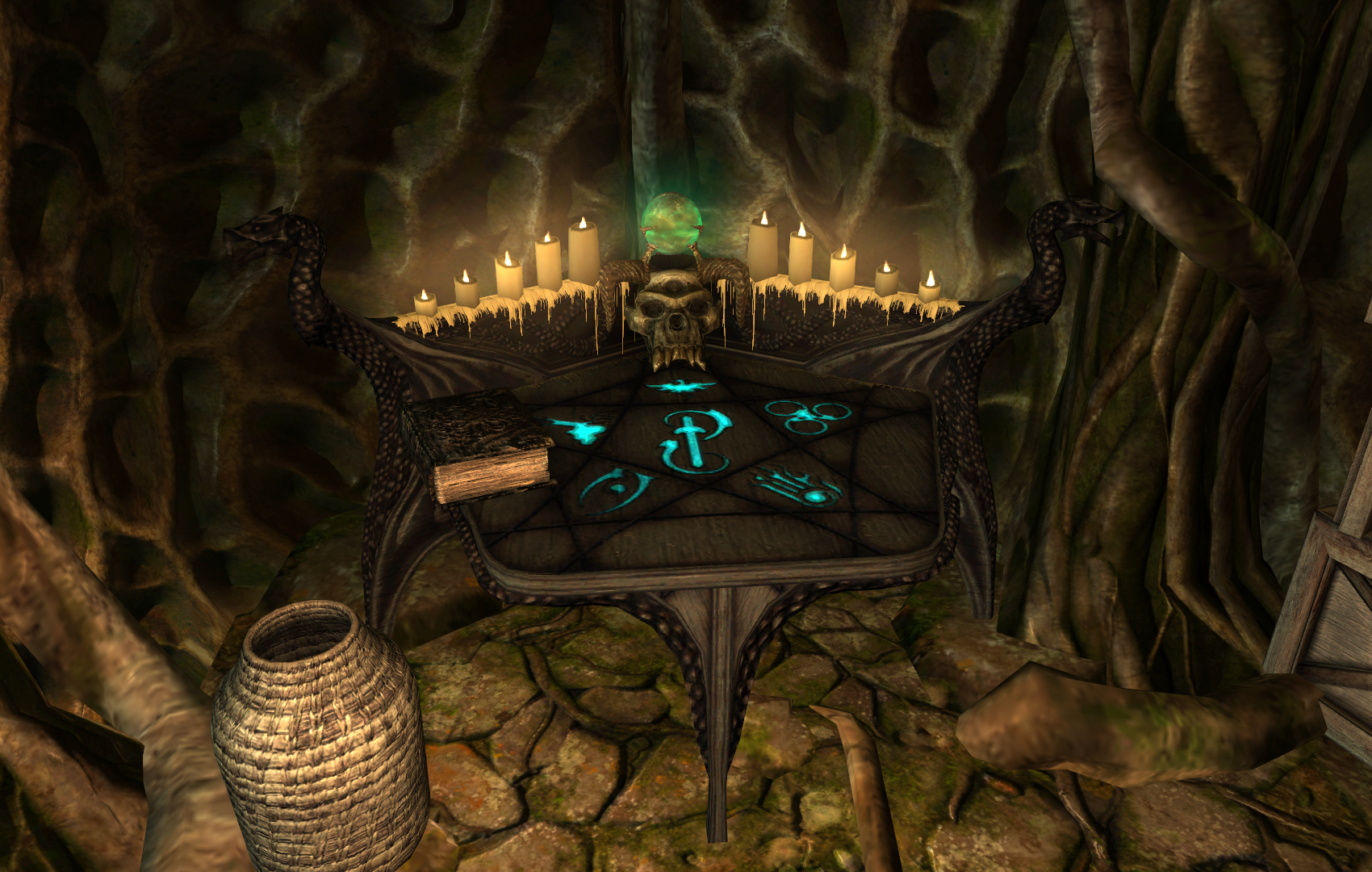Societies once possessed knowledge that was later lost: Greek science, Muslim scholarship, the wheel and the cart that disappeared from the region of their invention, the Middle East. Thus phases do not always represent a steady progression from a lower to a higher complexity, for complex knowledge and practice can be forgotten. This awareness may lead other scholars into the trap of a cyclical theory that assumes that history repeats itself. Such an assumption is most often used by those who wish to be able to predict the future, rather than by those who are studying the past for its own sake.
People have been concerned with certain questions virtually from the beginning of organized societies—questions about God, nature, human beings, society itself, and history. In contemplating these questions, philosophers sought a form of security; in acting upon their responses to these questions, rulers brought change, even as they attempted to assure continuity. Theologians who attempted to explain death, disease, sexuality, the need to labor, were contributing to the world as we know it today, for they were providing yet another set of answers to questions about God, nature, society, human beings, and the way these answers bear upon the past.
Thus all history is ultimately related to all other history, and any narrative, chronological, or classificatory system ultimately breaks down. All questions give rise to other questions. Consider the effort to explain the disappearance of the wheel and the cart from the Middle East for a thousand years, despite their diffusion around the world.
To provide even a partial answer, the scholar must investigate the domestication of the camel, the invention of harnesses and saddles, the development of trade, the integration of the Arab nomads into imperial antiquity, the differing effectiveness of one- humped and two-humped camels, breeding, competing systems of commerce as discovered by the nomads, and a hundred other questions.
Even then scholars are dependent upon the sources, and if these are not contemporary with the problem being investigated, they must also inquire into how the sources have been corrupted, used, abused, and manipulated over the centuries. The ultimate answer to the question about the wheel and the cart will be general at best and may contain much undoubted though sophisticated guesswork.

